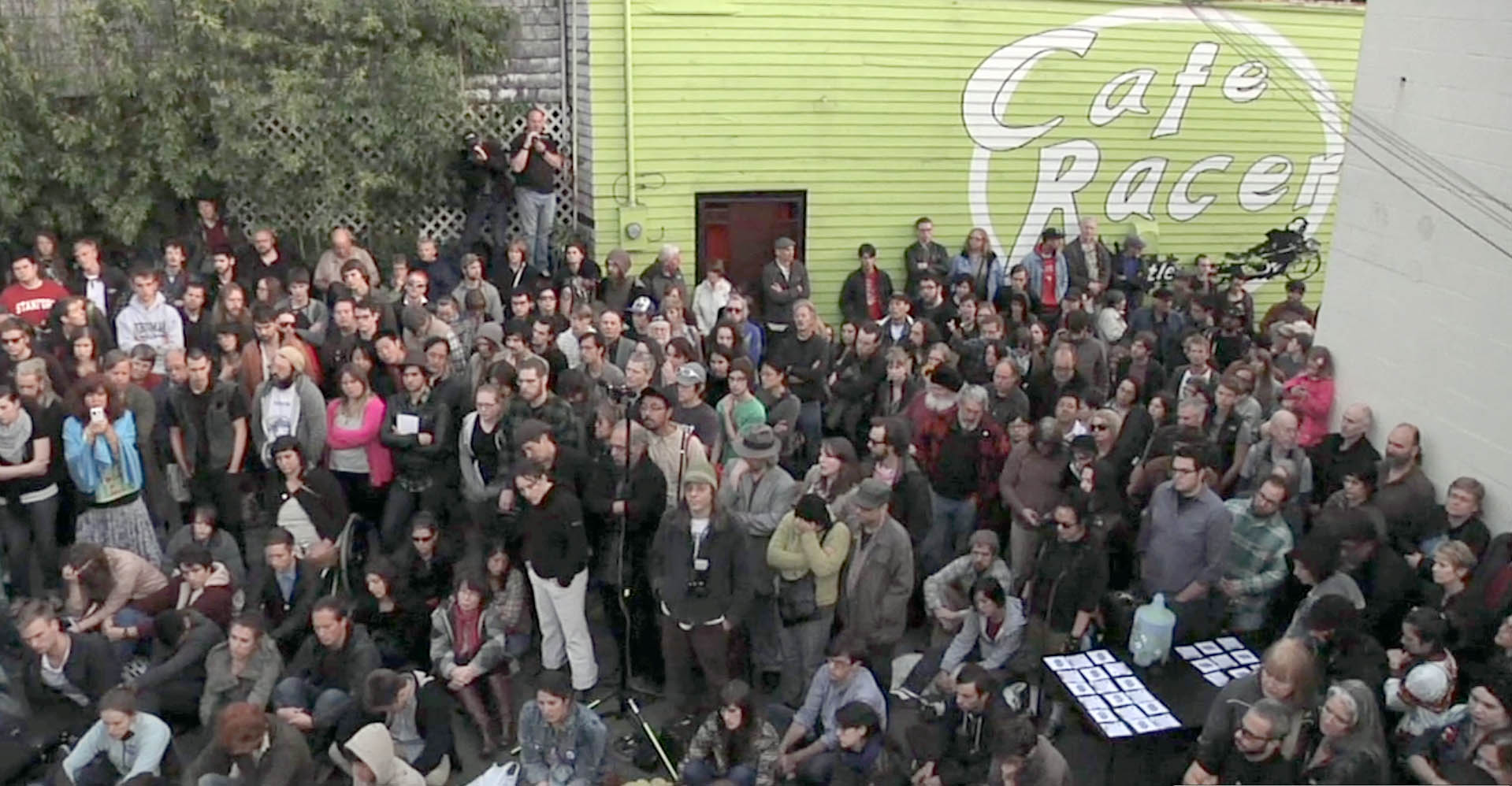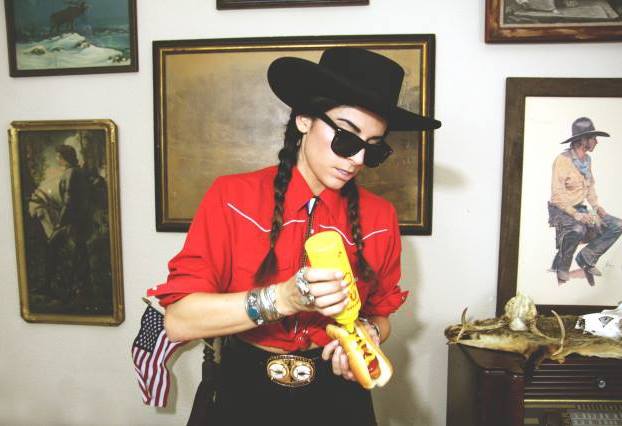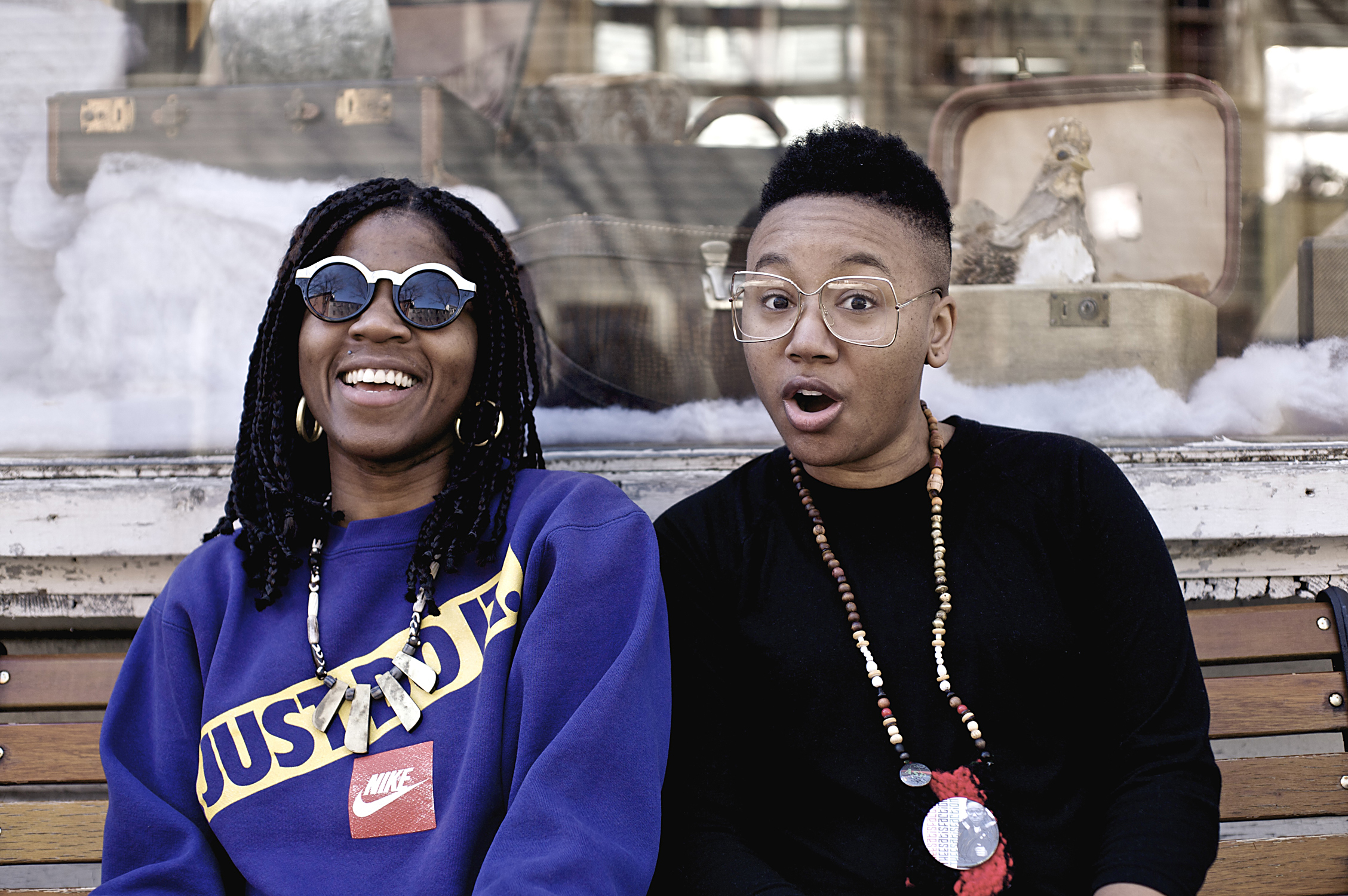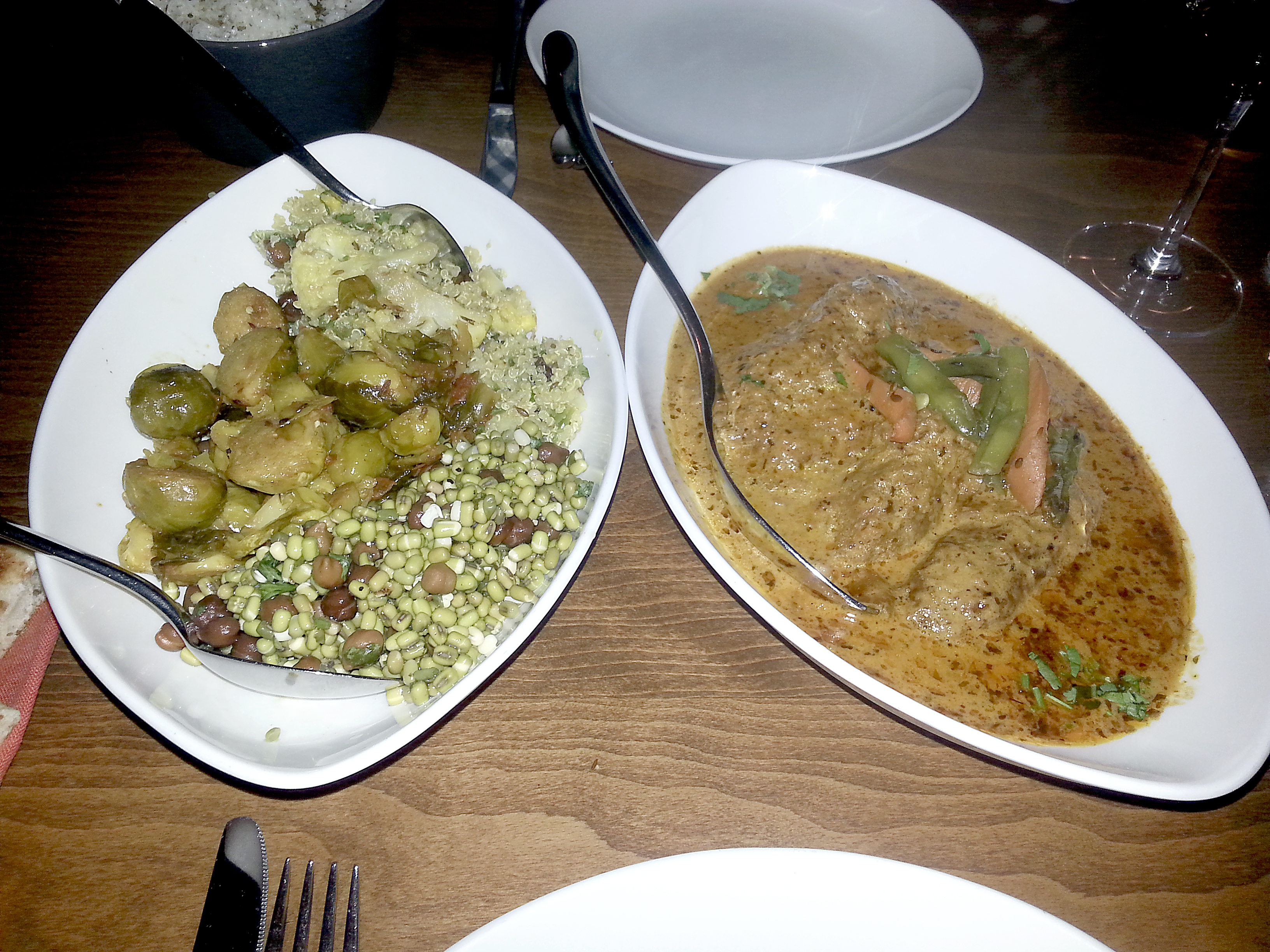As the first anniversary of the Cafe Racer shootings nears, seemingly little has changed to stem the tide of gun violence in America. News of the U.S. Senate’s consideration and then rejection of legislation requiring background checks for gun buyers has shared column inches with grim headlines; in the Seattle area in just the past month, an apartment shooting killed five. In the year since the May 30th shooting, the nation has witnessed the unthinkable horror of the killing spree in Newtown, Conn., and the Aurora, Colo., mass shooting—an event that, eerily, occurred on July 20, the day Cafe Racer reopened its doors after its own tragedy.
Unlike that barrage of gun violence, the Cafe Racer shooting claimed a very specific group of victims: four artists (three musicians and an aspiring actress) who orbited the venue’s highly nurturing music scene. Though Racer gunman Ian Stawicki was kicked out of the cafe occasionally, time and again he returned—and was tolerated, if not always welcomed back—seeking to be part of the communal feeling of the place.
That such an event happened at the cafe is tragic, yet ultimately it could be telling. Something about the accepting nature of creative communities—a nature that taps into originality, positive energy, and the artistic response—offers a new perspective on gun control, one focused on the healing power of music.
“The community here at Racer is special because there are so many walks of life that come through here, so many different kinds of music, so many different kinds of artists,” says Christopher Icasiano, a drummer and member of the Racer Sessions, the cafe’s weekly improv music series. “This space is welcoming for all of that.”
Following the shooting, the group grappled with whether or not to hold the usual Sunday-night session. “Ultimately we decided that there’s no way in hell we’d cancel it,” says Icasiano. “On a Sunday night, there’s nothing we would rather be doing than hanging out and playing music at Racer. We just figured we do music, so we should do that to help.”
The group gathered in an adjacent alley (the cafe was still shuttered after the shooting the previous Wednesday) and performed an original piece called Constellation. “Hundreds of people came that night,” Icasiano recalls. “The piece was entirely inspired by what happened, and was an emotional response to it. That’s how we had to see it. Instead of being defeated, we just had to embrace what we had, which was each other and music and this community.”
It’s natural to turn to music when things go wrong. A New York Times account of the Newtown shootings tells of a teacher, Carol Wexler, leading a sing-along “amid the whiz of bullets” as a way to quiet and soothe her students. “The children whispered along,” the article reads. “ ‘Jingle Bells.’ ‘Silent Night.’ ‘I Have a Little Dreidel.’ They did not pause when they heard shots or screams.”
Sarah Shannon, vocalist for the Seattle kids’ rock group the Not-Its!, believes a relationship exists between the power music can provide and the sense of powerlessness we so often experience after an act of extreme gun violence. She and her group began tapping into the creative power of their audience after their power-pop anthem “Kidquake” gained momentum for its positive, kid-empowerment message.
“I can’t relate it directly, but I think there is one,” she says. “We’re not talking about Newtown at our shows, or advocating for any legislation. But I think kids can feel powerless about expressing their energy, and we want them to know their energy is power—power that can be used for good. With the ‘Kidquake’ movement, we’re showcasing kids who are doing good in their communities and beyond,” she says.
On its Facebook page and in its live show, the band recognizes the charitable work of young people—like a little girl with cancer who sends care packages to other hospital-bound youngsters—which often inspires their young fans.
“We’re putting something positive in the world for kids in a way that, hopefully, energizes and empowers them at a time when there are some dark things going on,” Shannon says.
The experience of local singer/songwriter Sera Cahoone offers more perspective on how music can illuminate that darkness. The musician graduated from Columbine High School and moved to Seattle five months before the infamous April 20, 1999, shooting that killed 15—12 students, a teacher, and both perpetrators.
“I still have a really hard time driving by the school,” she says. “I went home a week after it happened. All the kids’ cars were still in the parking lot.”
The artist wrote a song about it and performed the tune at a friend’s coffee shop shortly after the massacre. “It was very moving to have everyone there listening,” Cahoone recalls. “Unfortunately, I don’t remember it at all—I never recorded it. But I feel like it was just something I had to do for myself, and it did help.”
Despite the comfort that song may have provided Cahoone and her listeners, examining the issue through the lens of music won’t stop “things like this from happening again,” says Icasiano. But he doesn’t want to be a victim, either. “I don‘t want to be afraid of coming to my favorite place in Seattle because I’m afraid of something like that happening. What I have in my control is in terms of what I do, and I have music. I’m going to do what I do to make it better.”
A creative response like those of Icasiano, Cahoone, and Shannon might be just what we need right now. With music’s potential to heal and inspire change, a lasting solution could hinge less on regulation than on our ability to create nurturing communities.
In an op-ed piece for The Seattle Times written a week after the Racer shooting, Andrew J. Swanson, founding member of the Racer Sessions, bolsters this thought. “I encourage everyone to get out and engage in the vibrant artistic community we have here in Seattle, wherever you may find it. Throw one back with the oddballs and see what happens.”
gelliott@seattleweekly.com
The Constellation performance was recorded and became a short film. DVDs are available for purchase, with all proceeds going to the families of the shooting victims, at caferacerconstellation.com.








